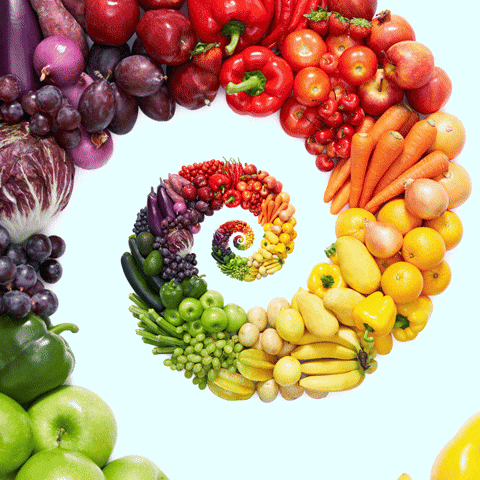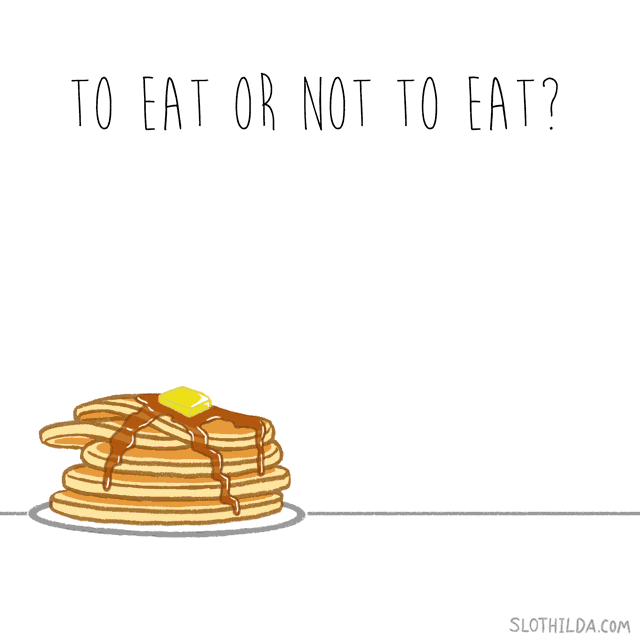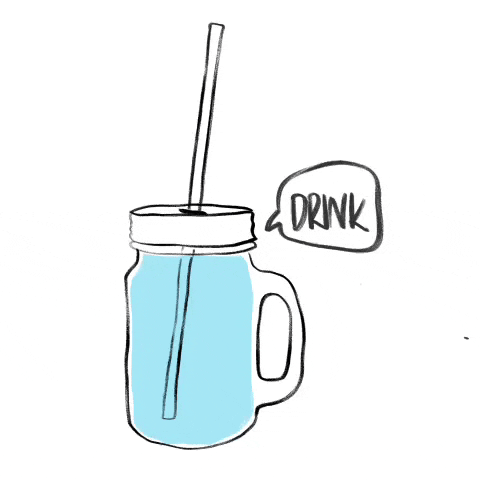
Let’s be honest, there aren’t many of us who haven’t had a love/ hate relationship with our bodies. As women, we’re taught that the skinnier we become, the greater our worth. We feel guilty for eating cake and embarrassed to ask for a second helping. Our relationships with food and our weight are built on shame. This needs to change.
A teenager’s body needs more nourishment than ever. They are going through huge physical, mental and emotional changes. In order to thrive they need to nourish that gorgeous body, listen to what it needs, and be in tune with how good food makes us feel. Sometimes, they don’t know where to learn how to do this properly and resort to learning from individuals on social media, who unfortunately are not experts in the area and in turn spread harmful misinformation.
This, my friends, is where we can band together, and support your teen in building a healthy relationship with her body. So, here are some top tips we have gathered from our friends – who actually are experts in this field (shout out to Rebecca Garvey and Hannah Thornton) – so that we can teach our teens how to eat better so that they can perform better.
Number One: Remove The Guilt

To begin, the word ‘should’ should be banned (excuse the joke). When we use the word ‘should’ we straight away make ourselves feel guilty and inadequate like we do not measure up to everyone else: ‘I should be eating more vegetables’, ‘I should be drinking more water’, ‘I should be getting more hours’ sleep.’ Just reading that can make you feel bad.
Instead, we need to replace the word with ‘could’. ‘Could’ allows us to replace a guilty statement with an opportunity. ‘What could I be eating?’ ‘What could I be eating to give me more energy?’ ‘What could I be eating to help me concentrate more in school?’ ‘What could I be eating to help me feel good, to help me remain calm, to help me sleep better, to help me start the day on the right foot?’
Because all these questions are just some of the ways food can help us, we just sometimes don’t realise it. Ask the question, ‘What do you use food for?’ A bit of an odd question and the answer most people will say is ’Eh, to feed me when I’m hungry. This, of course, is very true but food can have a much greater meaning and function in our lives. By becoming a little bit more aware of the different functions of food and how it can work for us, we can actually start getting more out of our food than just filling a gap. Using food not only fuels us but helps us in many aspects of our lives – concentration, focus, mood, anxiety, connecting and celebrating with friends and family.
Number Two: Always Encourage Them To Eat Breakfast

You’ve probably already heard this, but it is number one because the importance of a good breakfast for success throughout the entire school day cannot be overemphasised. When you wake up, your blood sugar is slow, which means your energy is low. Guess what organ uses sugar the most? That’s right – the brain. And what organ gets used the most when sitting in class? The brain. So, if your teen hasn’t fueled her brain at the beginning of the day, concentration and focus in school are going to be really challenging.
Teenage girls are more prone to skip breakfast than teenage boys, so let’s encourage her to get her brain alive and kicking first thing in the morning. Porridge, wholegrain or sourdough toast with a variety of toppings, such as peanut butter, scrambled eggs or chopped banana, and fruit salads with yoghurt and nuts are all fantastic options.
Number Three: Eat the rainbow

This means to try and have as much colour as possible in meals. Lots of colour in her lunch: greens (lettuce, spinach, cucumber), reds and purples (tomatoes, chilli, cabbage, beetroot) yellow and orange (sweetcorn, peppers, carrots) as well as a piece of fruit. Why? Fruit and vegetables with rich vibrant colours have something called phytonutrients. When we are working and studying really hard or find ourselves in stressful situations, we build up stress in our bodies called radicals. The phytonutrients help to mop up these radicals and keep us healthy and immune to illnesses, such as flu, coughs and colds, which is really important, especially coming into winter.
Number Four: Essential fats

The name kind of gives it away – these guys are essential to our health! Why? Your brain is 60 per cent fat! So, we need the right kinds of fat to maintain a healthy brain for learning and memory. There are many types, but omega-3 fatty acid is the star pupil when it comes to the best type of essential fat. Omega 3 can be found in many food sources. One of the best sources is fish. Okay, opening a can of tuna may not make you very popular at the canteen table but having fish like smoked salmon, salmon fillet, mackerel and kippers will help with your Omega 3 intake. If fish isn’t your teen’s thing, go for nuts or seeds crammed full of essential fats. A handful of nuts, such as walnuts, almonds or Brazil nuts, is a great option for a snack. Or she could sprinkle some chia seeds on your breakfast in the morning. Choosing a snack with essential fats can also have the added benefit of reducing sugar cravings.
Number Five: Choose complex carbohydrates

So carbohydrates can be a little confusing: whole grain, wholemeal, simple sugars and so on. The word ‘complex’ just means that it has fibre. The fibre is very thick and takes longer to break down in the body. This is good news for us for two reasons. First, it takes longer to break down and digest, which means it stays in our stomach for longer and makes us feel fuller so we don’t get as hungry as quickly than we would if we were eating a non-complex carb such as white bread or white pasta. Second, the fibre causes the carb to slowly be released into the bloodstream. This means no sugar spikes. Sugar spikes have been shown to cause mood swings, reduce concentration and irritate the skin. Complex carbs include wholegrain bread, wholemeal pasta, oats and brown rice.
Number Six: Stay hydrated

We’ve all heard that we should drink 6–8 glasses of water a day. But why is it important to be well-hydrated? The brain sits in fluid, which is mainly made up of water. If we do not stay hydrated this fluid reduces and our brain does not work effectively. Ideally, encourage your teen to have a bottle of water with her throughout the day. Coming into winter, hot beverages, especially herbal teas, are an easy way to keep you warm and hydrated.
Most importantly, don’t forget to remind your teen that food is meant to be enjoyed. Even your daily dinner is an opportunity to sit and socialise and catch up with friends and family. Enjoy your food, be thankful for it and be sure to have dessert now and again. It’s a balance.
If you’d like a little more support, check out Hannah Thornton’s SHINE Festival 2022 video – Nutrition For Teenage Girls . Hannah gives us a simple and really practical talk on everything we need to know about nutrition to be healthy and to perform, while also offering really practical advice that you’ll be able to implement in your everyday life.
If you would like to support us and the work that we do, you can donate below



